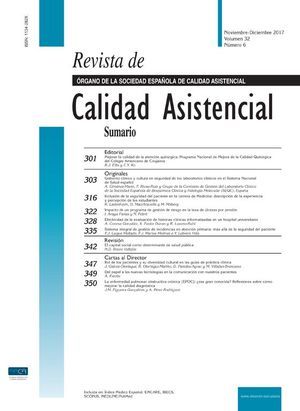Extracorporeal photopheresis (ECP) is a well-established second-line therapy for treating steroid-refractory chronic graft-versus-host disease (cGvHD). As part of the Abu Dhabi Bone Marrow Transplant (AD-BMT) Program, Abu Dhabi Stem Cells Center (ADSCC), a specialized center focused on cell therapy and regenerative medicine, is the only healthcare facility currently providing ECP services for patients suffering from cGvHD in the United Arab Emirates (UAE), while further clinical trials with ECP are in the pipeline.
cGvHD is a significant cause of disabling morbidity and mortality after allogeneic hematopoietic stem cell transplantation,1 and this leukapheresis-based procedure modulates a variety of immune cells, such as alloreactive T cells and dendritic cells, improving target organ function in cGvHD patients.2
The Amicus Blue ECP platform (online closed systems, Fresenius Kabi) has been acquired for ECP procedures within ADSCC, which can also be leveraged for mononuclear cell collection and therapeutic apheresis. A team of physicians and nurses were appropriately trained and evaluated in these scenarios; meanwhile related processes, Standard Operating Procedures, Clinical Practice Guidelines, checklists, and forms were implemented to guarantee patient safety and a high-quality treatment journey.
We applied the Six Health System Goals approach (STEEEP): safety, timeliness, effectiveness, efficiency, equity, and patient-centeredness. This widespread viewpoint includes, but is not limited to, patient evaluation, venous access assessment, the informed consent process, the management of adverse events, reporting incidents and nonconforming events, and integration with ECP stakeholders, including suppliers of equipment and consumables, pharmacy, facility, infection control, and medical records, among others. Our Apheresis Collection Division has adopted the latest American Society for Apheresis (ASFA) Guidelines (eighth special issue, 2019), an evidence-based approach that was published in the Journal of ClinicalApheresis.3
In our experience, the relationship with the institutional Quality Department has been crucial to streamlining and improving ECP-related processes, especially during the current COVID-19 pandemic, and overcoming challenges of current financial models and insurance systems. Our Quality Department has defined and implemented systematic monitoring for critical steps in ECP procedures and identified and solved problems in a constructive and timely manner. The ADSCC quality improvement activities follow the PDCA (Plan-Do-Check-Act) cycle.
Furthermore, we are planning strategies to provide external quality assessments. For instance, the Department of Health – Abu Dhabi (DOH), as the regulatory authority of the healthcare sector in the Emirate of Abu Dhabi, UAE, has developed a comprehensive quality framework, wherein specific quality performance indicators shall be submitted quarterly. These strategies comprise the Muashir Program (Abu Dhabi Healthcare Quality Index, 2018),4 evolving from the initial Jawda Initiative launched in 2014. However, we have identified the need to add Key Performance Indicators (KPIs) regarding ECP procedures. As a pioneering provider, we are planning to propose reliable KPIs to the DOH, which could result in indicators to be reported by healthcare facilities providing ECP services in the future.
Considering the lack of evidence explaining the underlying mechanisms of the ECP efficiency, ADSCC is implementing new methodologies that could allow us to understand it better and, therefore, translate this treatment to other potential conditions with similar immunopathogenesis. Several immunological markers are being considered through conventional and innovative tools such as flow and mass cytometry and further single cells analyses, including proteomics.
As a result of the ADSCC's excellence in holding high standards for performing ECP procedures and being the only healthcare institution in the MENA region provided with ECP equipment from Fresenius Kabi, our center has received a recognition award from Fresenius Kabi Global, and is looking forward to achieving recognized local and international certifications and accreditations.
Authors’ contributions- 1)
YMCA: Conception and design, acquisition, analysis, and interpretation of data, Letter to Editor writing, and final approval of submitted version of the letter.
- 2)
YVC: Letter to Editor drafting/revising, and final approval of submitted version of the letter.
- 3)
MTAA: Letter to Editor drafting/revising, and final approval of submitted version of the letter.
All authors have agreed to be personally accountable for each author's contributions.
FundingThis Letter to the Editor did not receive any specific grant from funding agencies in the public, commercial, or not-for-profit sectors.
Conflict of interestThe authors have clinical and administrative responsibilities as declared, related to ADSCC and the AD-BMT Program.
YMCA is the former Quality Manager of ADSCC, including the AD-BMT Program.
The authors are members of the ADSCC Apheresis Collection Team, and would like to acknowledge the support of their colleagues: Dr. Jekhsi Othman, M.D., Ms. May Ann Joyce A. Martinez, R.N., and Ms. Jerusha Kistan, R.N., and the AD-BMT Program Director, Dr. Fatema Al Kaabi.







